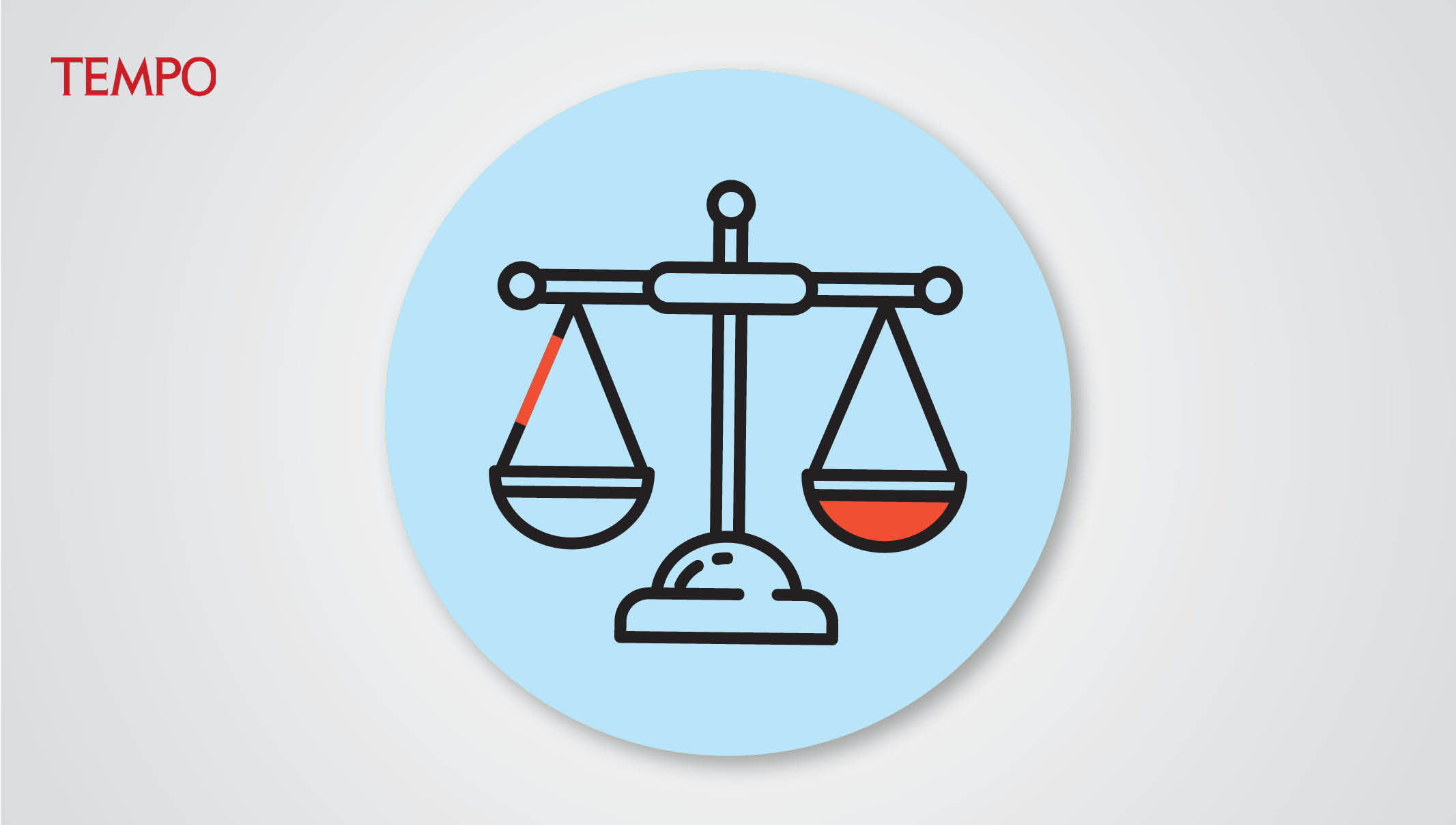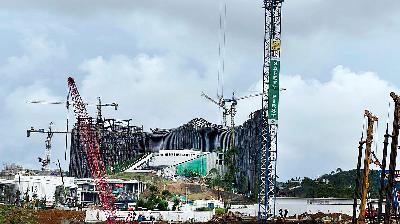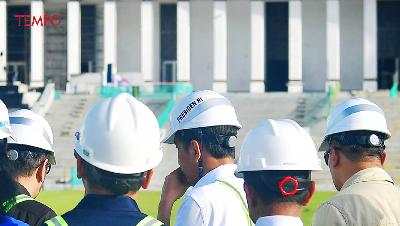Irregularities in the Gas Company
Monday, June 10, 2024
The BPK found irregularities in gas sale transactions by PGN in 2017. This could be the way into investigating a number of other offences.
arsip tempo : 174553604336.

AS a result of negligent business practices, state-owned gas company PGN will once again have to deal with the law enforcement authorities. This time, the Corruption Eradication Commission (KPK) is investigating alleged corruption in its gas sale transactions with Isar Gas in 2017.
The anti-graft agency acted after receiving a compliance report relating to the management of revenue, costs and investment by PGN from 2017 to 2022 from the Supreme Audit Agency (BPK). Two people have been named suspects. According to information received by Tempo, they are former PGN Commercial Director Danny Praditya and Isar Gas Chief Executive Officer Iswan Ibrahim.
The PGN-Isar Gas case began with a sales agreement stating that Isar Gas would supply 15 million standard cubic feet per day of gas to PGN for six years with an option to extend for another four years. It was agreed that PGN would make a down payment of US$15 million. This was seen as a loan, which would be used by Isar Gas to pay off its loans to other companies. The payment period was agreed at six years with installments to be paid in the form of gas. However, based on the BPK report, as of the agreed deadline, Isar Gas had only supplied US$800,000 worth of gas.
According to the BPK report, in drawing up the cooperative agreement and providing a down payment to Isar Gas, the PGN Commercial Director at the time did not considered risk mitigation or a profit and loss analysis, and it was not supported by satisfactory guarantees. Subsequently, the transaction proved to be problematic.
PGN management also did not comply with Energy and Natural Resources Minister Regulation No. 6/2016 on the Provisions and Procedures for Determining the Allocation and Utilization and Price of Natural Gas. This regulation bans multi-level gas sales. Companies such as PGN that sell gas to end customers are not allowed to buy gas from traders or third parties that do not have infrastructure, otherwise known as brokers. PGN should buy gas directly from companies managing gas fields. Although this regulation only came into force two years later, the PGN management should have taken it into consideration before this transaction with Isar Gas, which does not manage any gas fields.
The gas business has long provided opportunities for brokers, most of whom are close to the government. These poor business practices are commonplace. It is easy to imagine the amount of state funds that could be saved if gas transactions did not need to involve a third party. The KPK also needs to immediately investigate this alleged corruption. Anyone who is involved or guilty must face the legal consequences of their actions.
The investigation into this case should be a starting point for the government to make serious efforts to address the problem of rent-seeking brokers, especially in these strategic commodities sectors, that cause losses to the state. After all, there are many other cases linked to the same companies. In the BPK report, there are also recommendations for other cases involving PGN to be followed up. The transactions between PGN and Isar Gas are only the starting point for uncovering all these irregularities.











